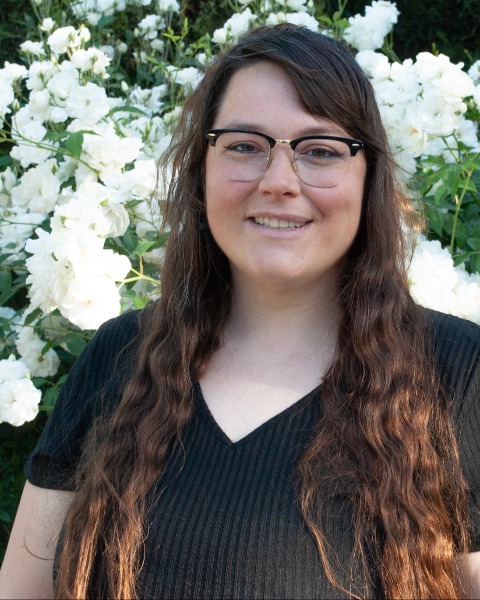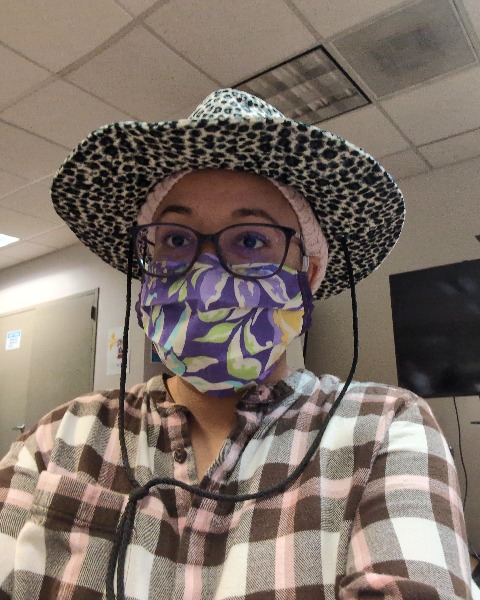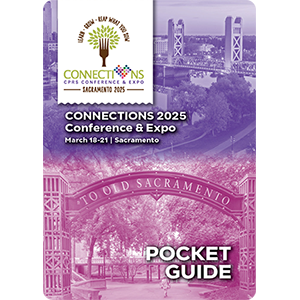Growing Access: Community Gardens, Urban Farms, Parks, and the Path to Food Sovereignty
This workshop will provide an exploratory look at the vital role that public spaces can play for urban agriculture, food access and environmental justice. Through the lens of community-based research, we will examine how urban agriculture can promote health equity, foster community resilience, and advance food sovereignty. Drawing on insights from Sacramento’s urban agriculture initiatives, the workshop will explore how park spaces can integrate gardens to better align with the visions of marginalized community members who face significant systemic barriers to accessing fresh, nutritious, and culturally relevant foods.
The session will begin with an overview of environmental and food justice themes emerging from community interviews in Sacramento, highlighting the connections between urban agriculture, infrastructural inequities, and systemic racial and economic disparities. We will address how food insecurity intersects with broader environmental justice concerns, such as access to clean water, safe soil, and green spaces, and how these challenges disproportionately impact low-income communities of color. Participants will learn about the historical and ongoing barriers that limit access to community gardens for BIPOC communities and the crucial role that park managers can play in supporting equitable access to these spaces.
Workshop facilitators will provide insights into the integration of gardens within park systems as park amenities, sharing practical examples of how urban agriculture can be incorporated into urban planning to promote food and environmental justice. By examining case studies and real-world examples, attendees will gain a nuanced understanding of how urban gardens can be leveraged as tools for community empowerment and better practices for tending the land.
The workshop will conclude with an interactive discussion where participants will work collaboratively to generate actionable steps for integrating community gardens and urban farms into park planning and management. The goal is to equip park managers with strategies that foster community engagement, enhance food access, and contribute to the sustainable development of urban green spaces. Participants will leave with a toolkit of best practices, actionable items, and innovative ideas for implementing community gardens as amenities that support localized food systems and address environmental justice in disadvantaged communities.
Learning Objectives:
- Upon completion, participants will be able to identify key systemic barriers that limit BIPOC communities' access to community gardens and green spaces.
- Upon completion, participants will be able to describe practical strategies for integrating community gardens into park systems to promote food and environmental justice.
- Upon completion, participants will be able to develop actionable steps for enhancing community engagement and supporting localized food systems through parks and recreation.

Leah Joyner, PhD (she/they)
Assistant Professor
California State University Sacramento
Sacramento, California
Fatima Malik (she/her/hers)
Executive Director
Del Paso Heights Growers Alliance
Sacramento, California- GG
Gabbie Gonzales, PhD
Assistant Professor
California State University Sacramento
Sacramento, California - SG
Si Gao, PhD
Assistant Professor
California State University Sacramento
Sacramento, California

